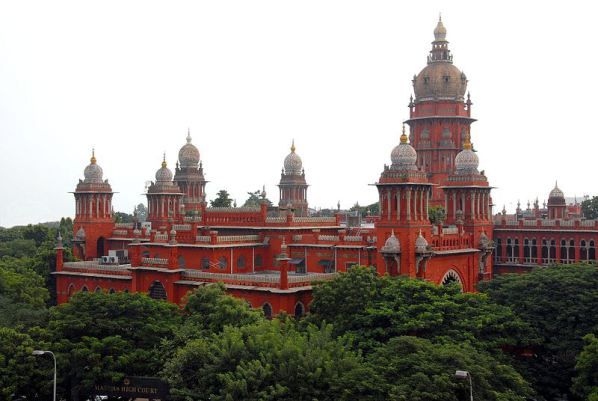The Madras High Court ruled that doctors who complete medical specialty courses and then refuse to work in government hospitals infringe upon the fundamental rights of poor and needy patients. The Court affirmed the obligation for medical graduates to fulfill bonded service in government medical institutions.
Public Expectation and Government Responsibility
The Court highlighted that the general public has a right to expect specialists, trained at low cost using public resources, to serve the sick, poor, and needy. The government is responsible for ensuring that these doctors fulfill their duty to serve the community, particularly in the State of Tamil Nadu.
Judgment by Justice S.M. Subramaniam
Justice S.M. Subramaniam stated, “Providing decent medical treatment is an integral part under Article 21 of the Constitution of India. The Government is duty-bound to provide treatment to poor and needy people admitted in Government Hospitals. The approach of the doctors, who have received extensive training at the taxpayer’s expense, must align with the rules set by the Medical Council of India and the Government.”
Case Background and Arguments
The petitioners, represented by Advocate Suhrith Parthasarathy, challenged their appointments as Assistant Surgeons under the Tamil Government Servants (Conditions of Services) Act, 2016. They contended that their service during the COVID-19 pandemic should count towards fulfilling their bond period. However, the government, represented by GA K.Tippu Sulthan, argued that pandemic duties were part of their training and did not satisfy the bonded service requirement.
Bond Agreement and Court’s Observations
A bond, signed by the medical candidates with three sureties at the time of admission, ensures that trained doctors serve the poor and needy. The Court noted that the candidates, as qualified medical practitioners, must have understood the bond’s terms and conditions. The Court also observed that the government should not reduce the bond period from two years to one year.
Court’s Decision
Given that the petitioners had signed and accepted the bond’s terms, the Court ordered them to serve in Government Medical Colleges and Hospitals according to their appointment order. The High Court dismissed the petition, upholding the requirement for bonded service.
Cause Title: S.Sahana Priyankaa v. The State of Tamil Nadu & Ors. (Neutral Citation: 2024:MHC:1907)


